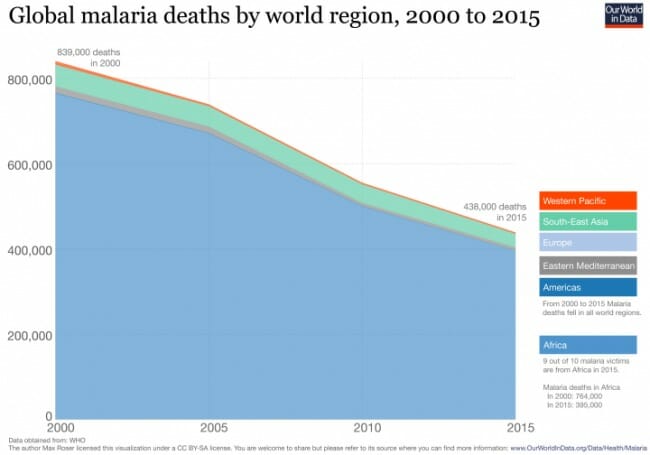Move Fast and Break Things
I am on vacation and had not really intended to post but I wanted to quickly comment on one of the arguments used to push back on the DOGE effort. The Democrats, who historically have been real masters of managing the media, have had a pretty flat-footed response to DOGE and have floundered for any sort of messaging that offsets the near endless revelations of stupid spending that DOGE is finding. Most of their protests just look like hysterical defenses of the indefensible.
But the argument I have heard recently that is more likely to resonate with the Democrat's traditional (read: sane) base is something like "we are all for explorations of government efficiency but think it needs to be done in a much more measured and careful way." Unfortunately, for anyone with any experience in organizational cost cutting, a "measured pace" is another way of saying "let's move slow enough so the antibodies in the system have time to kill us." As a result, if anything, I think DOGE is moving too slow.
Way back when I was a newly minted MBA with a less cynical view of how organizations work, I was employed by consultant McKinsey & Co to do cost cutting studies. McKinsey had a pitch to clients where they said that simple-mindedly mandating across-the-board cuts was stupid and destructive. Instead they advocated for a process, I think it was called EVA but it was 30 damn years ago and I cannot remember, to carefully look at every process in the company, to redesign the process, and then cut headcount based on implementing the better process. They would say that the only way to cut staff was to first cut the work that employees had to do first.
As a over-educated and under-experienced consultant, this sounded great to me. It made logical sense as the most thoughtful way to go about cost and headcount reduction, and really it still does make sense in an academic vacuum. It just feels better doing a detailed analysis that leads to 10% less needed staff rather than simply at the outset demanding a 10% across-the-board staff reduction (it also demands orders of magnitude more consulting hours, but that only occurs to the current more cynical version of myself).
But in the real world, one often does not have this luxury. First, going into such an analysis can take many months, all through which the organization knows cuts are coming and productivity plummets. It is effectively pulling off the Band-Aid really slowly. Second, the only way to do this analysis is to have the cooperation of the staff that is about to be cut, a tall order in many real world situations where the staff is ready to fight you (and especially when the staff is organized into unions to fight you). Third, you really don't necessarily get much innovation through this process. By the way, all these problems are squared and cubed in a public vs private context with powerful unions and constant media spotlight.
When I was fresh our of mba-school, I thought just whacking 20% of the staff without analysis was the dumbest thing in the world. But having tried to change and manage organizations, I have changed my mind. Necessity is the mother of invention, and sometimes just getting rid of 20% of the staff and having to make do is the ultimate in necessity. In a reverse of the McKinsey formulation, you cut the work that has to be done by cutting the staff. This approach is fast, and there is no way for the anti-bodies to organize to fight the change when the change comes fast enough. Rip off the Band-Aid, get the required savings, fix problems where you went to far later.
The DOGE efforts are doomed at some level no matter what because so much of Federal spending is programmed by law. It is going to take legislative changes and a better budgeting approach out of Congress to make big changes. But I do think there is staffing efficiency to be had but DOGE is not going to get there alone either**. At some point Trump is going to have to just pick a number and say that in 30 days, every department has to cut their staff by that number. Nothing else is going to work. Nothing else usually works in the private world and it certainly is not going to work in the government where the antibody strength is the highest.
Which is not to say that what DOGE is doing is not valuable, because it is. The constant string of factoids and revelations are going to be the PR air cover that larger cuts via legislation and/or mass layoffs are going to need.
** Postscript: it is useful to keep a few numbers in mind to see the difficulties with the DOGE process getting their promised savings. Yes they can keep finding million dollar examples of stupid spending to be cut. But to get a trillion dollars in savings -- an almost unfathomably large number -- requires a million individual cuts of a million dollars each. The other thing to remember is just how large the federal workforce is. As I pointed out the other day, the 75,000 that took Trump's early retirement package seems like a lot, but it is well under just the normal annual 6% turnover in the federal workforce.
